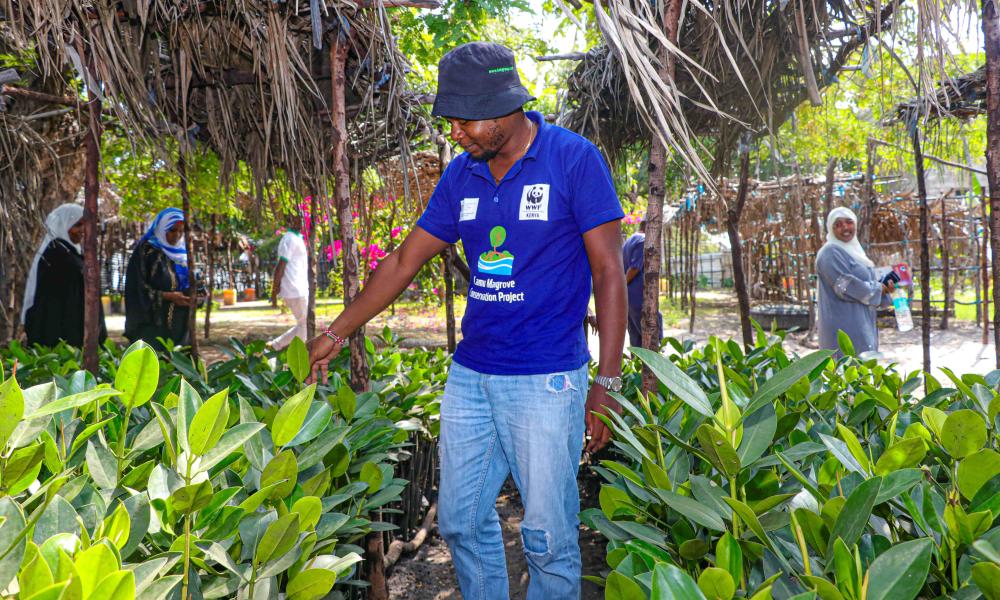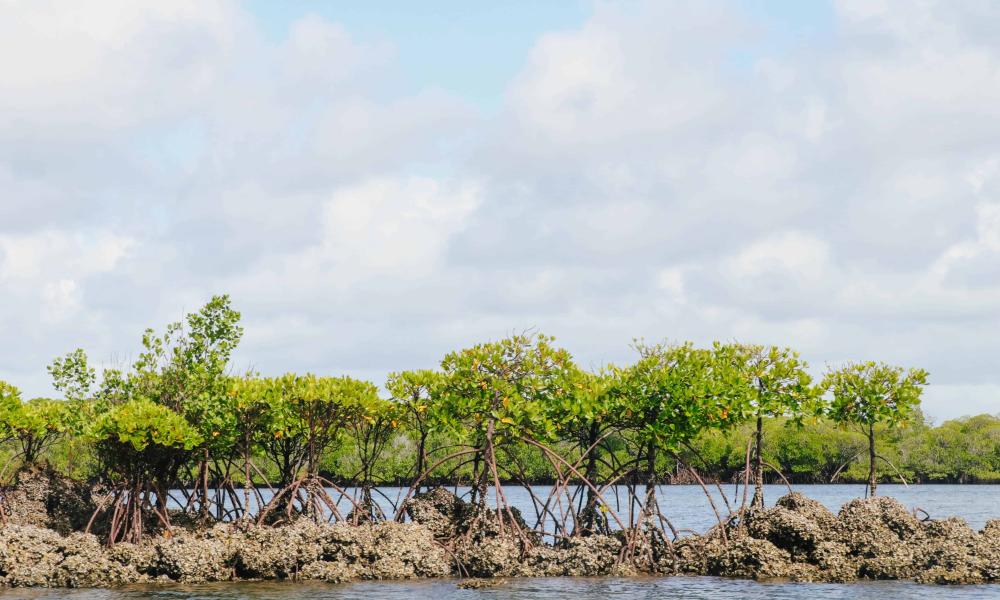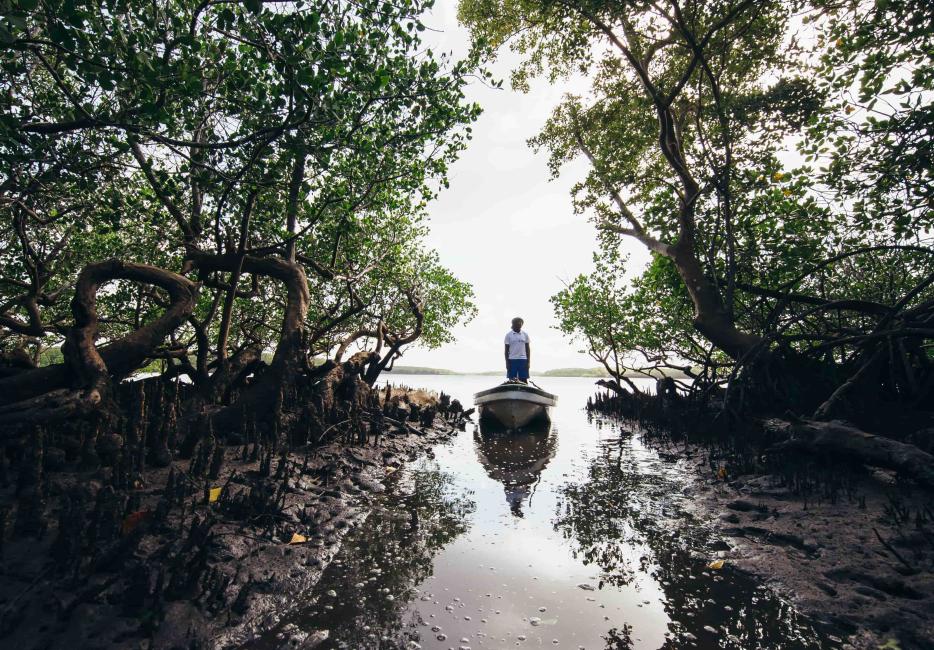
Project overview
Project overview
The health of our planet is failing, presenting a global humanitarian emergency. But there is hope.
For the very first time, WWF-UK and British Red Cross have joined forces. A project made possible thanks to funds raised by players of People’s Postcode Lottery.
Led by WWF-Kenya and Kenya Red Cross, this project is supporting people in Lamu, Kenya to prepare for the impacts of climate change and extreme weather. To save lives, improve livelihoods and restore nature.

Why we're doing it
Why we're doing it
Nature provides the food we eat, the air we breathe and the water we drink. It underpins a stable climate, but its power to protect people from natural disasters is being overlooked.
Climate change is negatively impacting people’s lives and livelihoods now. In Lamu, the majority of people’s incomes are directly tied to nature, yet the health of the natural world is declining.
This is why WWF-UK and British Red Cross are uniting to champion Nature-based Solutions; actions to repair and restore nature to benefit humans, biodiversity, and our climate at the same time. Put simply, these are natural, cost-effective measures that have the potential to reduce the intensity of climate and weather-related hazards by at least 26%.
Restoring nature, such as mangroves and forests, is a great example of this, helping to protect people from the impacts of climate change like more frequent and intense extreme weather.

Our impact so far
Our impact so far
Working closely with local experts and communities, we’re working to restore 900 hectares of freshwater and mangrove habitats in Lamu, Kenya.
In Lamu, Kenya, most people depend on nature for their income. Extreme weather events are becoming more frequent and more damaging. Natural ecosystems are being destroyed, so local communities need to use up even more natural resources to survive. As these resources are used up, nature can no longer protect the communities, leaving them even more vulnerable to natural disasters.
Restoring coastal mangroves helps prevent soil erosion and creates a natural defence from extreme weather such as storms, cyclones and floods. They will also provide more habitats for marine life, helping to improve people’s incomes, health and food security.

A global partnership
A global partnership
This inaugural project in Lamu, Kenya, is part of a much larger global effort between Postcode Lottery Group, WWF and Red Cross and Red Crescent National Societies, responding to the scale and urgency of the climate and nature challenges facing our world.
WWF and the Red Cross and Red Crescent Movement first joined forces in 2022 to strengthen people’s resilience to climate change, prioritising those most vulnerable to climate impacts.
Today, this global effort is working to strengthen people’s resilience to climate change in Ethiopia, Mozambique, the Philippines, the Democratic Republic of Congo, and Kenya – all made possible thanks to funds raised by players of the Postcode Lotteries.
Together, we are harnessing the incredible power of collaboration to tackle one of the biggest threats to humanity, through the power of nature.

